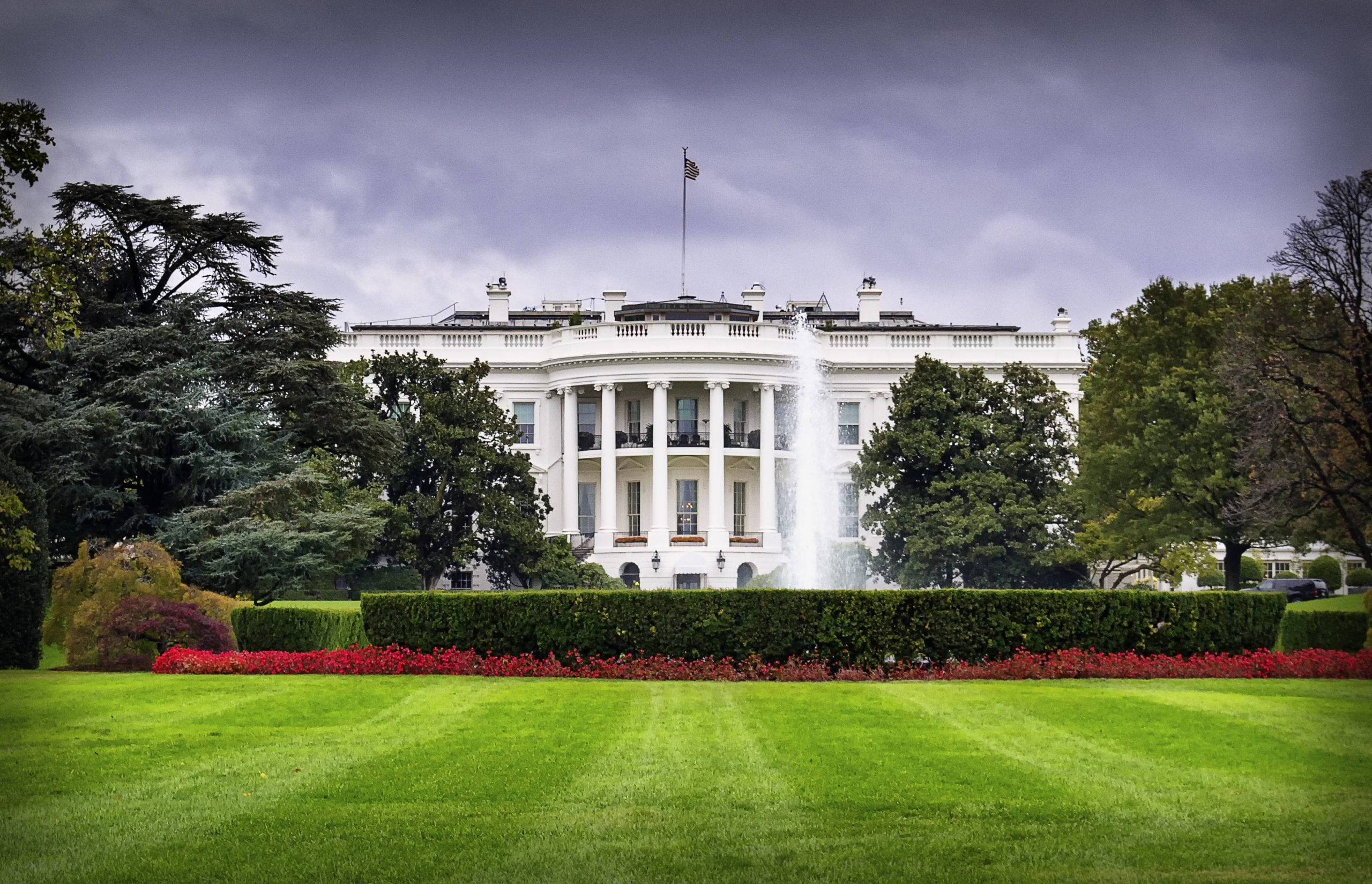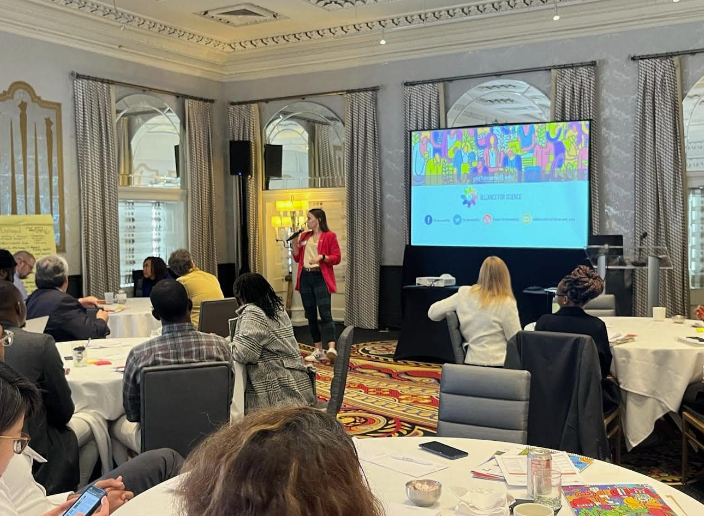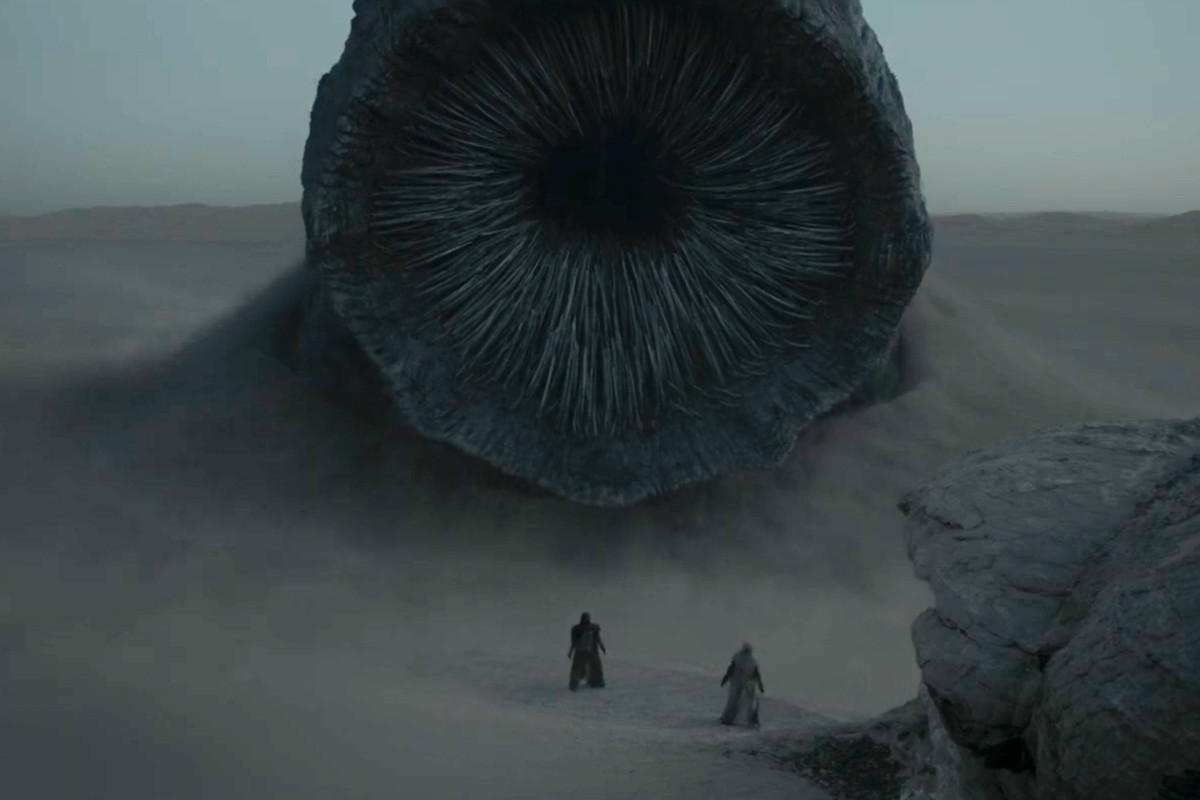by Natalie Eldredge
 The White House, Washington, D.C. by Diego Cambiaso
The White House, Washington, D.C. by Diego Cambiaso
Here's why you should be paying attention to the latest presidential campaign news: whether you hate or love politics, the outcomes of our elections have very real impacts on all of our lives. To catch up on the most recent comments by both candidates, you can start by checking out the latest debate that aired on Monday, September 26th. If reading is more your style, check out the candidates' preliminary responses to STEM-related questions here on Debate.org. Every election since 2007, the campaigns of all presidential candidates have been invited by Debate.org to answer a set of 20 key STEM-related questions put forth by nonpartisan organizations like AAAS.
The stances the candidates are taking on important issues like climate change and medical research may be of particular interest to scientists, science-lovers, and the broader public as a whole. During Monday night's debate, Hillary Clinton tied the pursuit of clean energy with economic development stating, “We can deploy a half a billion more solar panels, we can have enough clean energy to power every home. We can build a new modern electric grid. That’s a lot of jobs. That’s a lot of new economic activity.” Donald Trump took the opposing view with the perspective that renewable energy would not create jobs, describing investments in the solar industry as a “disaster.” Yet,regardless of whether or not the development of renewable energy will help the economy, these different stances on clean energy will have polar effects on the steps currently being taken by scientists to research and combat climate change.
Moreover, if you are interested in the medical field, it may behoove you to know the candidate's stances on research funding. Hillary Clinton proposes increased funding for cancer and Alzheimer's research, as well as the National Institute of Health's overall budget, while Donald Trump has listed no specific future policy implementations on the subject. The implications of these platforms could mean broader, better funded research opportunities for scientists, or lack thereof.
To keep things simple: it is important to keep up with the presidential candidate platforms because, if implemented, their policies will affect us all. So stay informed, and see you at the polls in November!
About the Author
 |
Natalie Eldredge is an undergraduate student studying Public Health at the University of Georgia. In addition to studying public health, Natalie is an intern for the Southeastern Wind Coalition, a nonprofit organization that supports wind energy development in the southeast. In her free time, you can find Natalie at Taco Stand or watching documentaries with her roommates. Connect with her on Facebook or via email at natalie.eldredge@uga.edu. |
About the Author
-
athenssciencecafehttps://athensscienceobserver.com/author/athenssciencecafe/April 17, 2020
-
athenssciencecafehttps://athensscienceobserver.com/author/athenssciencecafe/April 12, 2020
-
athenssciencecafehttps://athensscienceobserver.com/author/athenssciencecafe/April 3, 2020
-
athenssciencecafehttps://athensscienceobserver.com/author/athenssciencecafe/March 30, 2020







